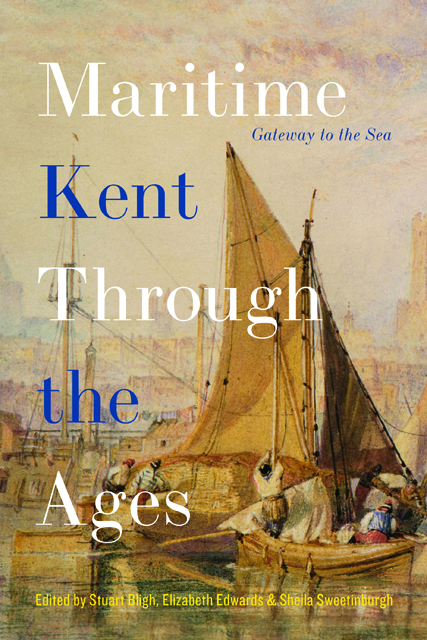21 - ‘Fat persons bathing whose appearance was most disgusting’: Entertaining Thanet in the Age of Steam
Published online by Cambridge University Press: 20 December 2023
Summary
By the nineteenth century east Kent had no fewer than seven resorts: Whitstable, Herne Bay, Dover, Folkestone, Broadstairs, Margate and Ramsgate. Of these the last four were among the most popular in England; Broadstairs, Margate and Ramsgate all lie in the nearly forty-mile stretch of coastline collectively known as the Isle of Thanet. Literary representations of these resorts are inflected by factors including transport links, the availability of accommodation and library provision.
Since the 1980s the history of Victorian seaside resorts has been meticulously documented by John Walton, John Whyman, Alain Corbin and more recently John Hassan and John Gillis. Peter Borsay, Jason Wood, John Travis and Marc Arnold have also drawn attention to the complex interactions between visitors, residents and the authorities in different resorts. Far less attention has been paid to the crucial role played by literature in defining, and possibly misrepresenting, the seaside holiday, as each resort tried to consolidate or preserve its reputation in the face of competition and shifting demographic trends.
Visitors were likely to encounter the resorts vicariously in the first instance, through their reading. The more enterprising towns might infiltrate a London audience (notably Holbein Visitors’ List and Folkestone Journal was stocked in the reading rooms of forty-two London hotels), but otherwise readers had to trust to London-based publications unless they were prepared to wait until they arrived in a town to buy a local guide. But there was one other alternative, as increasingly they might also have recourse to fiction for accounts of the resort experience. Sensation novelists such as Wilkie Collins brought new excitement to the image of Ramsgate (The Law and the Lady, 1875); in the early years of the twentieth century local authors such as A. T. Sheppard in Thanet produced historical novels like Running Horse Inn (1906) designed to capitalise on the public fascination with smuggling.
Initially based on inland health spas such as Bath and popularised in the late eighteenth century, by the early nineteenth century the benefits of ritualised immersion in cold sea water were well established following the popular reception of Richard Russell’s 1750 treatise on Brighton.
- Type
- Chapter
- Information
- Maritime Kent through the AgesGateway to the Sea, pp. 451 - 466Publisher: Boydell & BrewerPrint publication year: 2021

